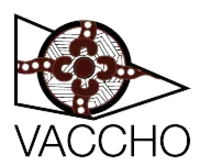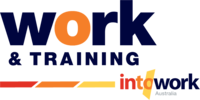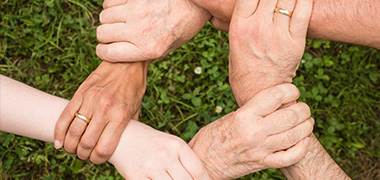
How do I become a aboriginal aged care worker?
All skill levels
Beginner
Experienced
Recommended
CHC33021
Certificate III in Individual Support (Ageing)
Blended, On Campus, Online
16 weeks
$0 - $3,894
- There are no mandated entry requirements.





CHC33021
Certificate III in Individual Support (Ageing and Disability)
On Campus, Online
5 - 12 months
$0 - $7,800
- There are no mandated entry requirements.






CHC43015
Certificate IV In Ageing Support
Blended, Online
9 - 12 months
$0 - $3,500
- There are no mandated entry requirements.


HLT30121
Certificate III in Aboriginal and/or Torres Strait Islander Primary Health Care
Blended, On Campus
12 - 18 months
$7,655 - $15,815
- There are no mandated entry requirements.



CHC33021
Certificate III in Individual Support (Ageing, Home and Community)
On Campus, Online
5 - 12 months
Unavailable
- There are no mandated entry requirements.


Related occupations
Common questions
Further reading


A Comprehensive Guide to Casual and Temporary Work in the Aged Care Industry
18th September 2024)

